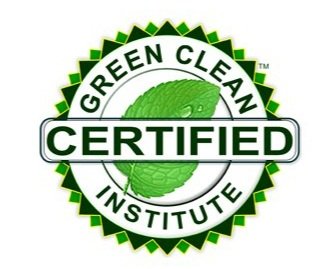Supplements and Disease
No one can accurately say how supplements affect disease, but if you are one of those who believe in natural health and supplementation, here's some advice.
Bottom Line: Follow your doctor's advice. Maintaining your healthy status is what you do in advance of an illness. A few supplements are said to shorten a respiratory illness.
There is modest evidence for cold and flu resistance:
Vitamin C can reduce the duration of cold symptoms if you’ve started taking it regularly before falling sick.
Vitamin D can help prevent upper respiratory infections. The best Vitamin D comes from routine exposure to the sun. That’s an issue for the people in the north.
Zinc oral lozenges can reduce symptom severity, due to inhibiting viral replication at the back of your throat. Swallowed tablets aren’t effective, and nasal spray may cause permanent adverse effects. Zinc acetate lozenges may be a bit more effective than zinc gluconate lozenges, although perhaps not significantly so.
Weak or preliminary evidence for cold or flu:
Garlic has many more antibacterial studies than antiviral studies. Limited evidence exists for the prevention (but not the treatment) of the common cold.
Echinacea has some evidence, although the benefit shown is very small.
Elderberry has some evidence, but very few studies exist thus far.
Pelargonium sidoides also has few studies, and only one treatment, not on prevention.
Probiotics are the good bacteria in our gut. These come from good diet and proper supplements.
Hydration may play a part in our overall health. Drinking a reasonable amount of water is far better for everyone compared to sugar drinks.
The question of mask-wearing is an issue. Frankly, mask wearing is not as important as hand washing or personal hygiene habits. It seems important that we avoid a paranoid attitude while maintaining smart habits..
Nutrition and lifestyle interventions
A poor diet is tied to an increase in general infection risk, and lack of sleep is possibly an even greater factor. Yet when it comes to infection prevention and treatment, way more trials look at supplements than at dietary and lifestyle strategies. Don’t be fooled! There’s greater financial incentive to run supplement trials, and they are much cheaper, shorter, and easier to conduct than diet trials.
Moderate evidence:
Sleep. If you don't sleep enough, your immune system is impaired, making you more likely to catch the flu and common cold. Sleep quality is also important.
Ultra-processed food. High amounts of processed carbohydrates and refined fats can interfere with proper immune function. Even short-term hyperglycemia can impair your response to infection.
Smoking has been proven time and again to lower vulnerability to disease.
Increase frequency of Sanitizing when disease enters the home or office. Do not reach for strong sanitizers that emit VOCs. But, increase the sanitizing cycle of dishes, surfaces, and high-touch areas.
Salt-water gargles are common for sore-throat relief, but evidence is scarce.
Honey. Cell evidence suggests anti-influenza properties, but there have been no human trials. Relatively stronger evidence indicates that honey may help with coughs, though.
SANITIZERS: If in doubt, look for a sanitizer that has been reviewed by the Green Clean Institute. Instead of hype and advertising, the GCI Green Product certification points to an eco-safe and Green products.

